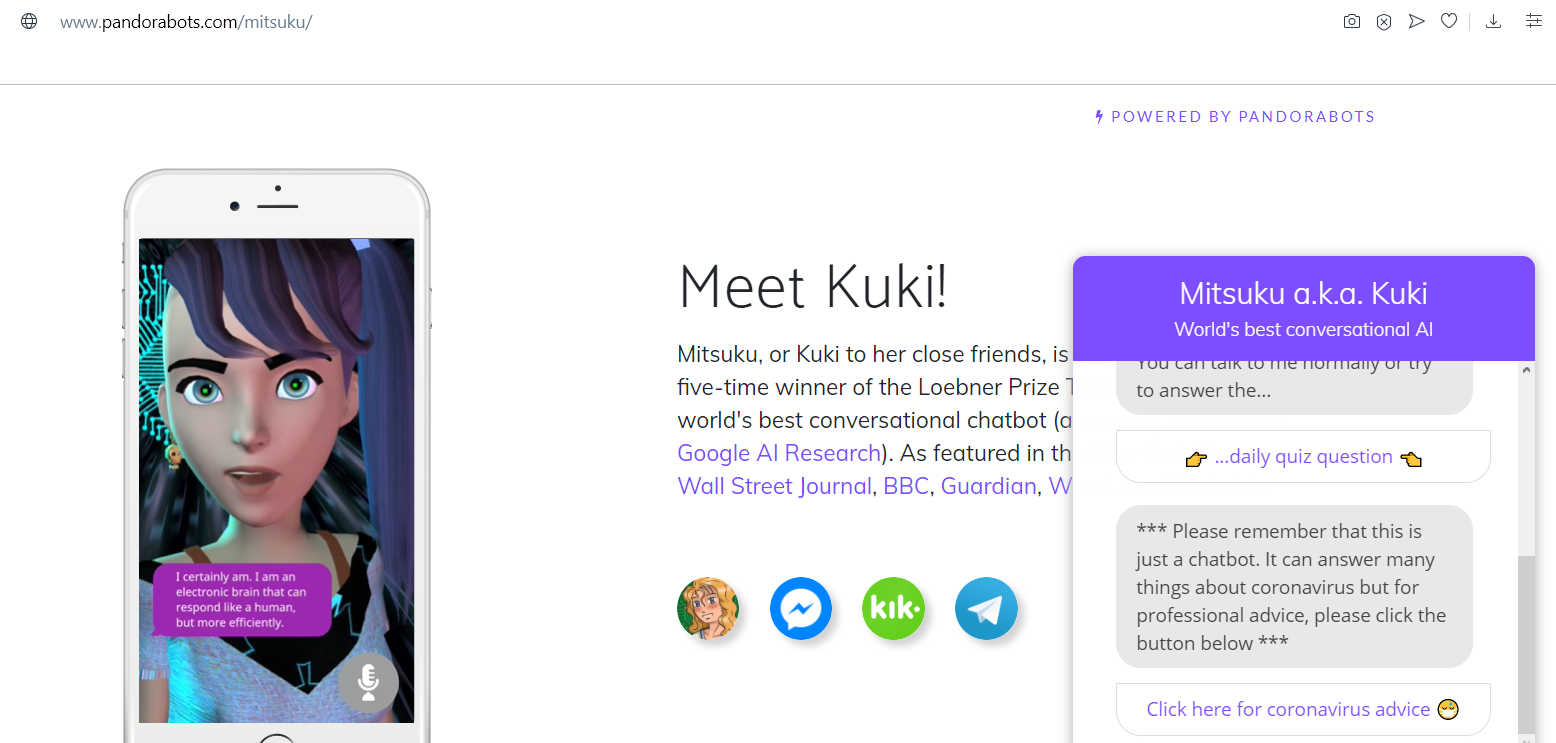

Google DoubleClick IDE cookies are used to store information about how the user uses the website to present them with relevant ads and according to the user profile. This cookie is a browser ID cookie set by Linked share Buttons and ad tags. These cookies track visitors across websites and collect information to provide customized ads. YouTube sets this cookie via embedded youtube-videos and registers anonymous statistical data.Īdvertisement cookies are used to provide visitors with relevant ads and marketing campaigns.

This cookie is set by Segment.io to check the number of ew and returning visitors to the website. Some of the data that are collected include the number of visitors, their source, and the pages they visit anonymously. Installed by Google Analytics, _gid cookie stores information on how visitors use a website, while also creating an analytics report of the website's performance. The cookie stores information anonymously and assigns a randomly generated number to recognize unique visitors. The _ga cookie, installed by Google Analytics, calculates visitor, session and campaign data and also keeps track of site usage for the site's analytics report. These cookies help provide information on metrics the number of visitors, bounce rate, traffic source, etc.
MITSUKU CHATBOT HOW TO
We find out how to deal with pronoun resolution and how to refer back to what was said earlier in the conversation. So much so that one person has spent 9 hours talking to Mitsuku! We hear how varied responses can increase engagement. We discuss user behaviour and how people treat a general conversational agent, from counselling to romance, bullying to marriage and money worries, and how to be sensitive on those topics. Steve tells us about Mitsuku’s rule-based supervised learning and how that’s leading to better experiences.ĭespite Mitsuku passing the Turing test, Steve tells us why the Turing test is redundant. We get into detail about how Mitsuku is built (hint: it doesn’t use natural language processing or machine learning like most other conversational AI) and how Natural Language Processing-based conversational agents don’t quite hit the mark. This episode is all about how to design and create a world-leading general conversational experience. This week’s Flash Briefing question is from Brielle Nickoloff of Witlingo: What would an open source voice assistant look like? Send us your thoughts and you could feature on the VUX World Flash Briefing this week! What about voice?Īlthough Mitsuku is a text-based chatbot, this episode looks at how to take Steve’s 13 years of experience in creating conversational experiences and apply that to the voice first space. That means you can speak to it about anything. And, unlike most chatbots that focus on serving a specific set of use cases, Mitsuku is a general conversational agent.

It’s featured in the Wall Street Journal, BBC, The Guardian and Wired. Steve Worswick is the creator of Mitsuku, the general conversation chatbot that has won the Loebner prize for the last two year’s straight.ġ3 years in the making, Mitsuku convinced a panel of judges that it’s the most humanlike bot over the course of a 20 minute conversation, two years in a row, to be crowned the world’s best chatbot and conversational agent. We speak to the creator of the world’s best chatbot about how to design Loebner prize-winning conversational experiences.


 0 kommentar(er)
0 kommentar(er)
